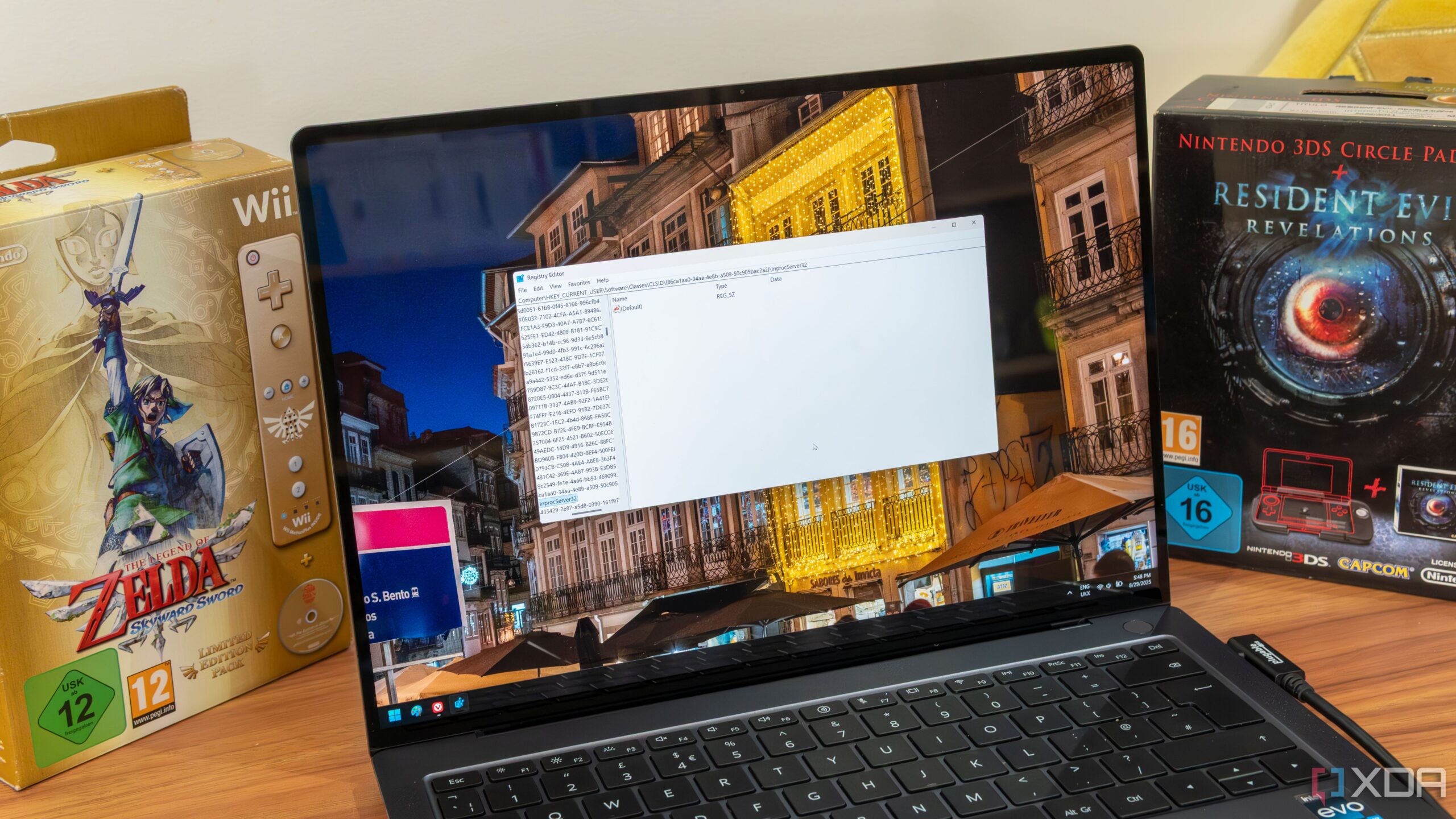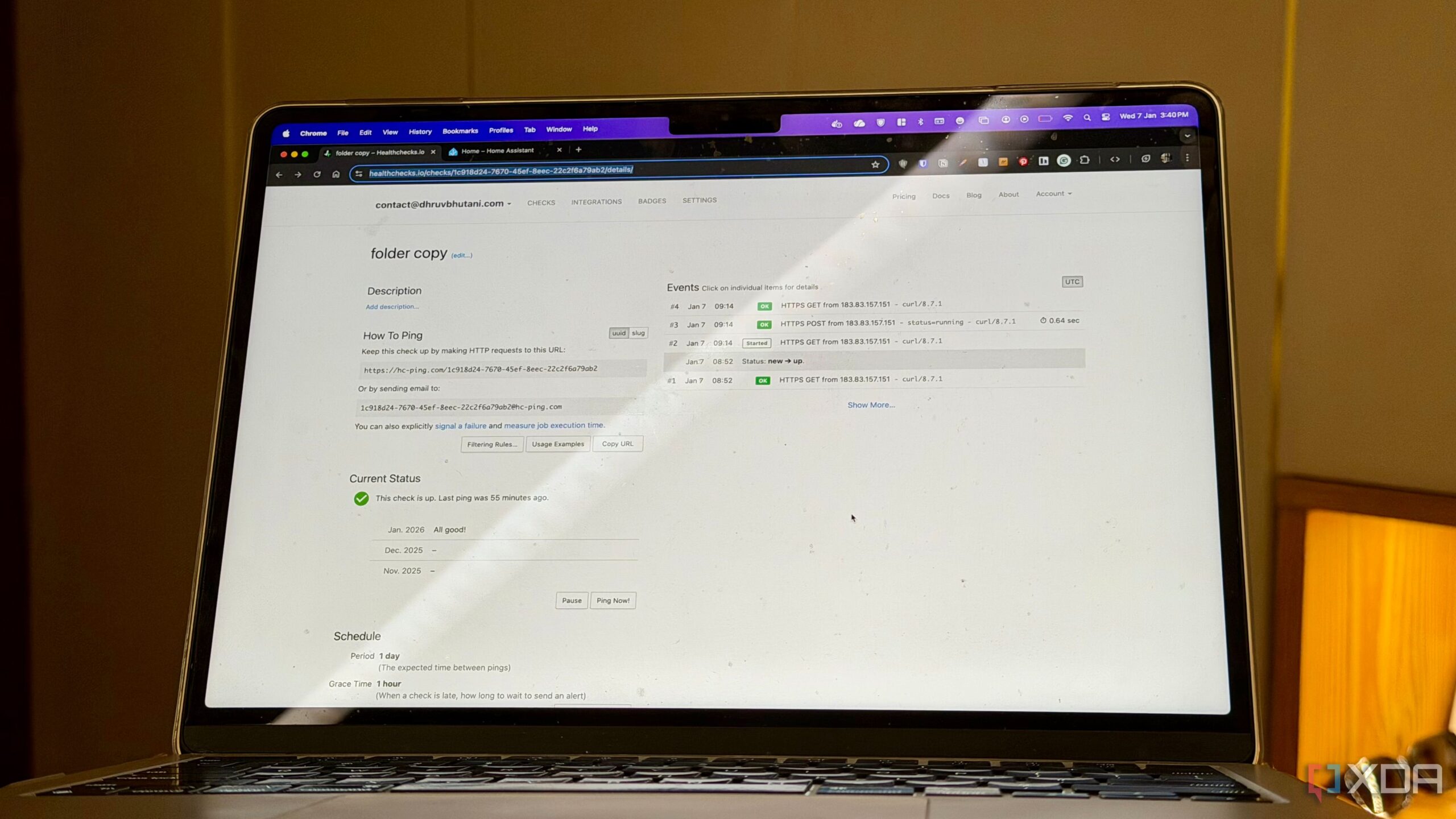
URGENT UPDATE: New reports confirm that the use of the Sora app for AI-generated videos poses significant environmental and ethical concerns. Users are now grappling with the implications of creating content that may consume significant resources and potentially lead to harmful outcomes.
The Sora app, powered by the advanced Sora 2 AI model, has captivated users eager to generate unique videos. However, using Sora comes with alarming energy costs. According to CNET, generating a single Sora video can consume approximately 90 watt-hours of electricity, equivalent to running a 65-inch TV for 37 minutes. This estimate, derived from studies of GPU energy use, raises serious questions about the environmental impact of such technology.
Developing insightsGPT-4 model required an estimated 50 gigawatt-hours to train—enough to power San Francisco for 72 hours—Sora’s training costs remain unknown but are likely even higher. Users may unwittingly contribute to this massive energy consumption each time they create a video, raising urgent concerns about sustainability and eco-guilt.
Moreover, Sora’s water usage is another critical issue. Data centers, essential for processing these AI-generated videos, consume vast amounts of water. OpenAI CEO Sam Altman estimates that a single text query in ChatGPT uses about “one fifteenth of a teaspoon.” However, CNET suggests video generation could use up to 0.17 gallons of water—about 22 fluid ounces. This raises further questions about the water footprint of cloud-based AI technologies.
Additionally, users are warned about potential privacy risks. Sora’s privacy settings are robust, but users must actively manage them. If set to “Everyone,” the risk of unwanted content creation increases dramatically. OpenAI’s internal guidelines suggest a 1.6% chance of generating sexual deepfakes and a 4.9% chance of violence or gore, based on adversarial prompts testing the system.
In an alarming trend, Sora’s content filters may not adequately address all inappropriate material. While most explicit content is blocked, users have reported that the app generates videos with scatological themes without restriction. This raises serious ethical questions about the type of content that can be produced and shared, further complicating the user experience.
The implications of Sora’s capabilities extend beyond individual users. The potential for misuse is significant, as videos created can be downloaded and reposted across social media platforms, potentially leading to viral hoaxes. An example includes a recent AI-generated video of Donald Trump that misled viewers, demonstrating how easily misinformation can spread in the digital age.
What’s next? As Sora continues to gain traction, users must be aware of the environmental costs and potential risks associated with video generation. Experts call for greater transparency from OpenAI regarding the energy and water consumption associated with their models.
Engagement with Sora should prompt discussions about the balance between creativity and ethical responsibility in the fast-evolving landscape of AI technology. As users flock to create their own viral moments, the urgent question remains: At what cost?







